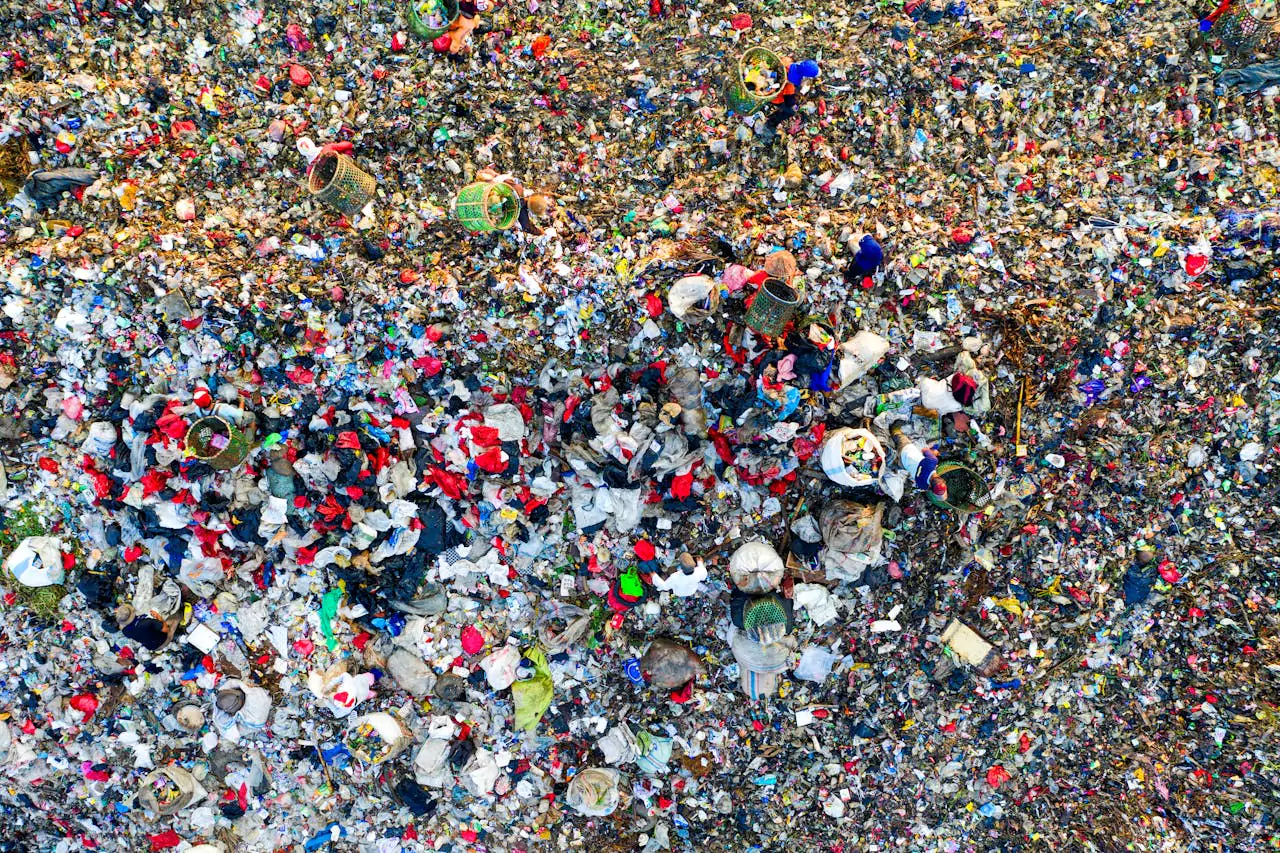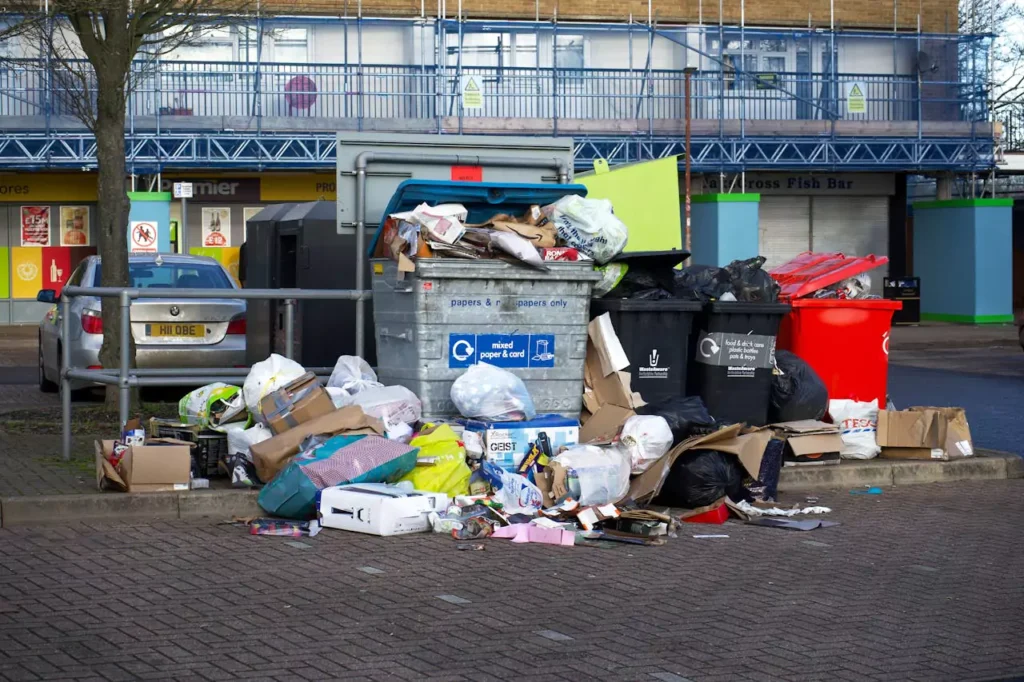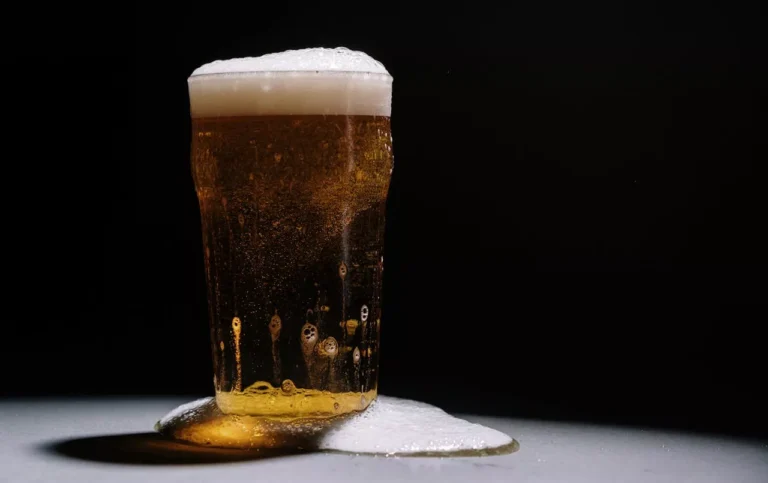
Building on the success of its Door-to-Door Collection and Recycling Project in five municipalities in Selangor, Nestlé Malaysia has announced the expansion of its waste collection initiatives to Penang Island. This strategic move is a collaboration with the Majlis Bandaraya Pulau Pinang (MBPP) and is part of the company’s broader Project SAVE initiative. Project SAVE, which stands for “Sustainability, Awareness, and Voluntary Engagement,” is the largest voluntary Extended Producer Responsibility (EPR) effort in Malaysia. Waste CollectionThe initiative aims to enhance the collection and recycling of post-consumer waste, demonstrating Nestlé’s commitment to environmental stewardship.
The Memorandum of Understanding (MoU): A Pivotal Step
The partnership between Nestlé Malaysia and MBPP was solidified through the signing of a Memorandum of Understanding (MoU). This agreement signifies a shared dedication to developing a sustainable waste management ecosystem on Penang Island. Starting in 2025, the initiative will extend the Door-to-Door Collection and Recycling Project to over 13,000 households across 39 condominium units and two landed residential areas. By doing so, the program aims to foster active community involvement in sustainable waste management practices.
Beyond operational aspects, Waste Collection the collaboration places a strong emphasis on community engagement. Communication, Education, and Public Awareness (CEPA) campaigns will play a central role in educating residents about proper waste segregation and recycling. These campaigns aim to encourage active participation, ultimately contributing to a cleaner and greener Penang Island.
Pilot Phase Success in George Town
In January 2024, a pilot phase of the programme was launched in George Town, focusing primarily on the Tanjung Tokong and Jelutong areas. Waste Collection This pilot successfully engaged over 14,000 households across two landed residential areas and 21 strata properties. With the support of the Penang Green Council and ESH Resource Management Sdn Bhd, the initiative has already made significant strides. To date, the project has collected 160 tonnes of dry mixed recyclables, including 28 tonnes of plastics. These early results highlight the program’s potential to make a meaningful impact on waste management in Penang.
Nestlé Malaysia Commendably Expands Waste Collection Programme to Penang Island Following Success in Selangor

Commitment to Environmental Stewardship
Juan Aranols, Chief Executive Officer of Nestlé Malaysia, expressed his enthusiasm for Waste Collection the project’s expansion. “The expansion of Project SAVE to Penang Island further brings to reality our unwavering commitment to environmental stewardship and our vision for a waste-free Malaysia. By engaging communities and working hand-in-hand with stakeholders like MBPP, we aim to drive impactful initiatives that reduce Waste Collection, promote recycling, and set the stage for a more sustainable nation. Waste Collection This is part of Nestlé Malaysia’s commitment to achieving plastic neutrality and ensuring that none of our packaging, including plastics, ends up in landfills or the ocean,” he said.
Dato’ Ir. Rajendran A/L P. Anthony, the Mayor of Penang Island, echoed this sentiment. “The collaboration between MBPP and Nestlé Malaysia is a testament to what can be achieved when stakeholders come together with a shared commitment to protecting the environment. Through recycling solutions tailored to our communities, we are building a greener Penang for future generations,” he stated.
Expanding the Reach of Project SAVE
Since its inception in 2020, Project SAVE has grown to become Malaysia’s largest voluntary EPR initiative. Initially launched in partnership with local municipal councils such as Majlis Bandaraya Petaling Jaya (MBPJ), Majlis Bandaraya Subang Jaya (MBSJ), Majlis Bandaraya Shah Alam (MBSA), and Majlis Bandaraya Diraja Klang (MBDK), as well as concessionaire Alam Flora Environmental Solutions Sdn Bhd (AFES), the program has achieved remarkable milestones. Today, Project SAVE reaches approximately 200,000 households across six cities. It has successfully diverted 31,000 tonnes of post-consumer packaging waste from landfills and oceans, including nearly 21,000 tonnes of plastic.
The program’s success has not gone unnoticed. It has been recognized by the United Nations Environment Programme (UNEP) and Malaysia’s Ministry of Environment and Water (KASA) as a leading case study for best practices in enhancing recycling participation rates. Waste Collection This acknowledgment underscores the program’s role as a model for sustainable waste management initiatives.
A Holistic Approach to Sustainability
Nestlé Malaysia’s commitment to sustainability extends beyond waste management. Through Project SAVE and other initiatives, the company is working towards plastic neutrality by reducing the use of virgin plastic in its packaging. This holistic approach aligns with its broader goal of fostering a cleaner, waste-free Malaysia.
Nestlé Malaysia’s efforts are deeply rooted in its mission to deliver high-quality, nutritious, and halal products while prioritizing environmental sustainability. By integrating sustainability into its business practices, the company aims to create long-term value for its stakeholders and contribute to a healthier planet.
Community Engagement: The Heart of the Initiative
A key component of Project SAVE is community engagement. The program’s success depends on the active participation of residents in waste segregation and recycling activities. Through CEPA campaigns, Nestlé Malaysia and its partners aim to educate the public about the importance of recycling and proper waste management practices. These campaigns include workshops, informational materials, and community events designed to build awareness and encourage behavioral change.
The program’s educational efforts are complemented by its operational framework. By providing convenient door-to-door collection services, the initiative removes barriers to recycling, making it easier for residents to participate. This combination of education and convenience has been instrumental in driving the program’s success.





